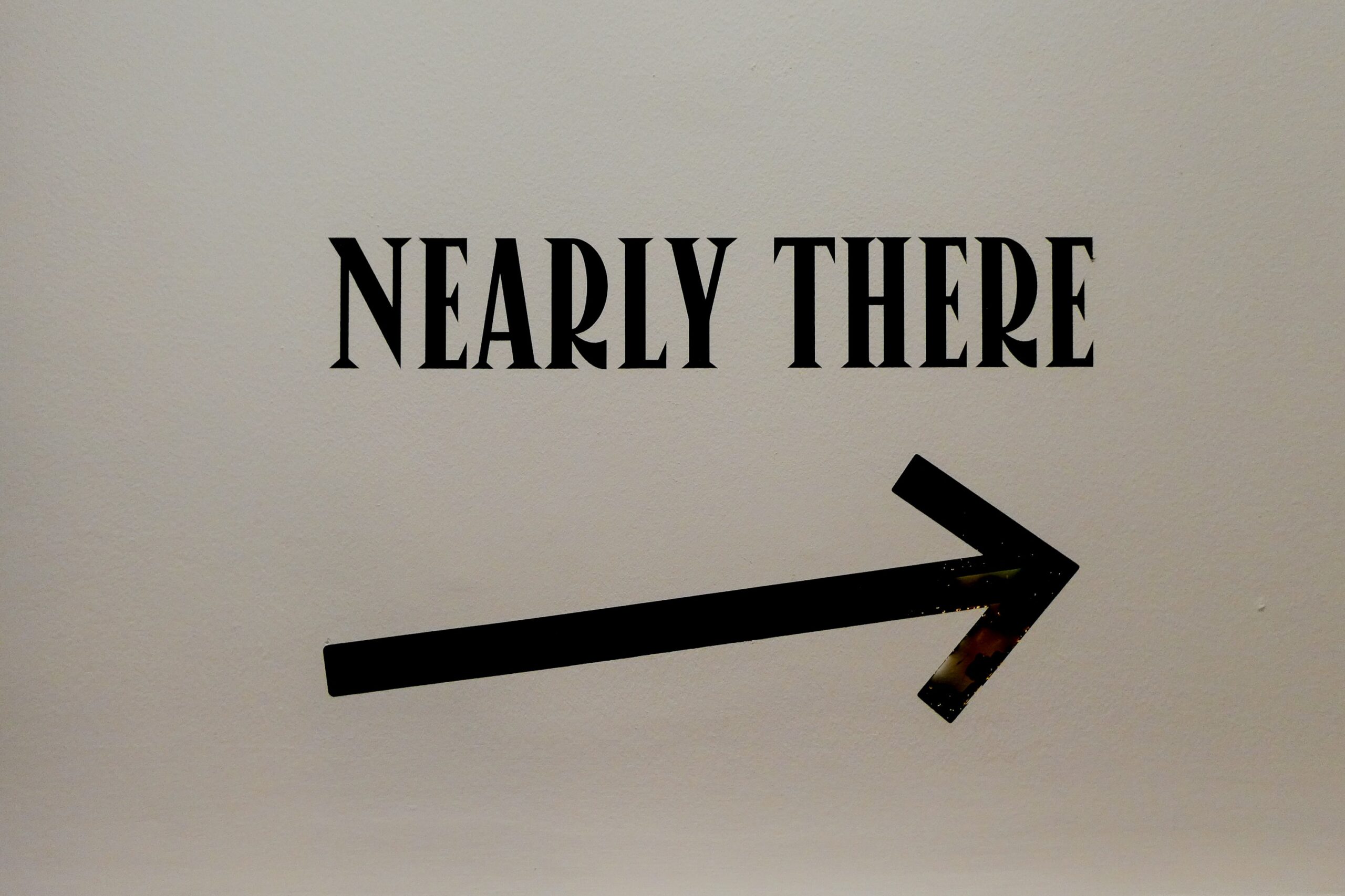I was in class recently (currently working on my Ph.D. in Educational Leadership and Policy Studies), and my professor the great Dr. Ben in response to my query on my research question responded with “phrasing impacts causality.” Upon hearing those words my brain began to twitch with excitement. I understood what he meant and can remember a time when I would have said the exact same thing in other words.
Phrasing, or the way in which we articulate and structure our language, has a profound impact on the perception and understanding of causality. This relationship is critical in communication, as the choice of words and the structure of sentences can greatly influence how events and actions are interpreted, and how cause and effect are understood.
Influence of Phrasing on Perception of Causality
- Implication of Agency: The way a sentence is phrased can imply who or what is responsible for an action. For example, “The window was broken by the ball” versus “The ball broke the window.” The former phrasing passively describes an event, whereas the latter actively assigns agency to the ball.
- Temporal Sequence: Phrasing can affect how we perceive the order of events, which is crucial for understanding causality. “After the alarm sounded, the building was evacuated” suggests a causal relationship where the alarm leads to the evacuation, whereas reversing the order might imply a different causality or none at all.
- Assigning Blame or Responsibility: Phrasing can either assign or absolve blame. “The experiment failed because of the technician’s error” assigns direct blame, while “The experiment failed despite the technician’s best efforts” shifts the perception of causality away from human error.
- Highlighting or Obscuring Cause and Effect: The focus of a sentence can either highlight or obscure the cause-and-effect relationship. For example, “Heavy rain led to flooding in the city” clearly states the cause, while “The city experienced flooding” doesn’t explicitly mention the rain as the cause.
Applications and Implications
- Legal and Judicial Contexts: In legal documents and courtrooms, phrasing is crucial in determining liability and intent. The way events are described can sway judgments about who is responsible for a crime or accident.
- Journalism and Media: Media reports can shape public opinion by how they phrase their reports. Different phrasings can lead to different interpretations of who or what caused an event.
- Academic and Scientific Writing: In research, how results are phrased can impact the perceived validity and causality of the findings. Careful phrasing is necessary to accurately convey the relationships explored in the research.
- Everyday Communication: Even in daily conversations, the way we phrase our sentences can affect how others interpret the events we describe, influencing opinions and decisions.
Conclusion
The impact of phrasing on the perception of causality is significant and multifaceted. Whether in casual conversation or in more formal contexts like law, journalism, or science, the way information is presented can shape our understanding of cause and effect. This underscores the importance of careful and precise language use, especially in situations where the stakes of misinterpretation are high.

